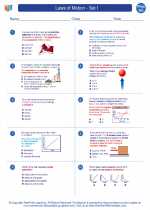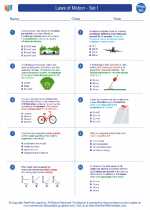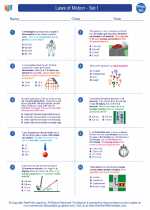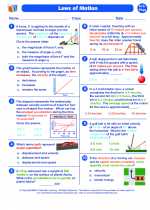Hormonal Regulation
Hormonal regulation is the process by which the body maintains homeostasis through the release and control of hormones. Hormones are chemical messengers produced by endocrine glands that regulate various physiological functions in the body.
Key Concepts
- Endocrine Glands: These are the glands in the body that produce and release hormones, such as the pituitary gland, thyroid gland, adrenal glands, and pancreas.
- Hormone Secretion: Hormones are secreted in response to signals from the nervous system, changes in the internal environment, or as part of a feedback loop.
- Target Tissues: Hormones travel through the bloodstream and exert their effects on specific target tissues or organs in the body.
- Negative Feedback: Hormonal regulation often operates through negative feedback loops, where the release of a hormone is inhibited by the hormone itself once a certain level is reached.
- Regulation of Physiological Processes: Hormones play a crucial role in regulating processes such as metabolism, growth and development, reproduction, and stress response.
Study Guide
When studying hormonal regulation, it's important to understand the following key points:
- Identify the major endocrine glands in the body and the hormones they produce.
- Understand the mechanisms of hormone secretion, including the role of feedback loops.
- Explore the specific functions of key hormones, such as insulin, cortisol, thyroid hormones, and reproductive hormones.
- Examine the ways in which hormones interact with target tissues and the resulting physiological effects.
- Discuss the impact of hormonal dysregulation on health and disease, such as diabetes, hypothyroidism, and adrenal disorders.
Additionally, it's helpful to review case studies and real-world examples of hormonal regulation to see how these concepts apply in clinical and practical settings.
Conclusion
Hormonal regulation is a complex and intricate system that plays a vital role in maintaining the body's internal balance. Understanding the mechanisms of hormonal regulation is crucial for comprehending various physiological processes and the management of endocrine disorders.
.◂Physics Worksheets and Study Guides High School. Laws of Motion - Set I

 Worksheet/Answer key
Worksheet/Answer key
 Worksheet/Answer key
Worksheet/Answer key
 Worksheet/Answer key
Worksheet/Answer key
